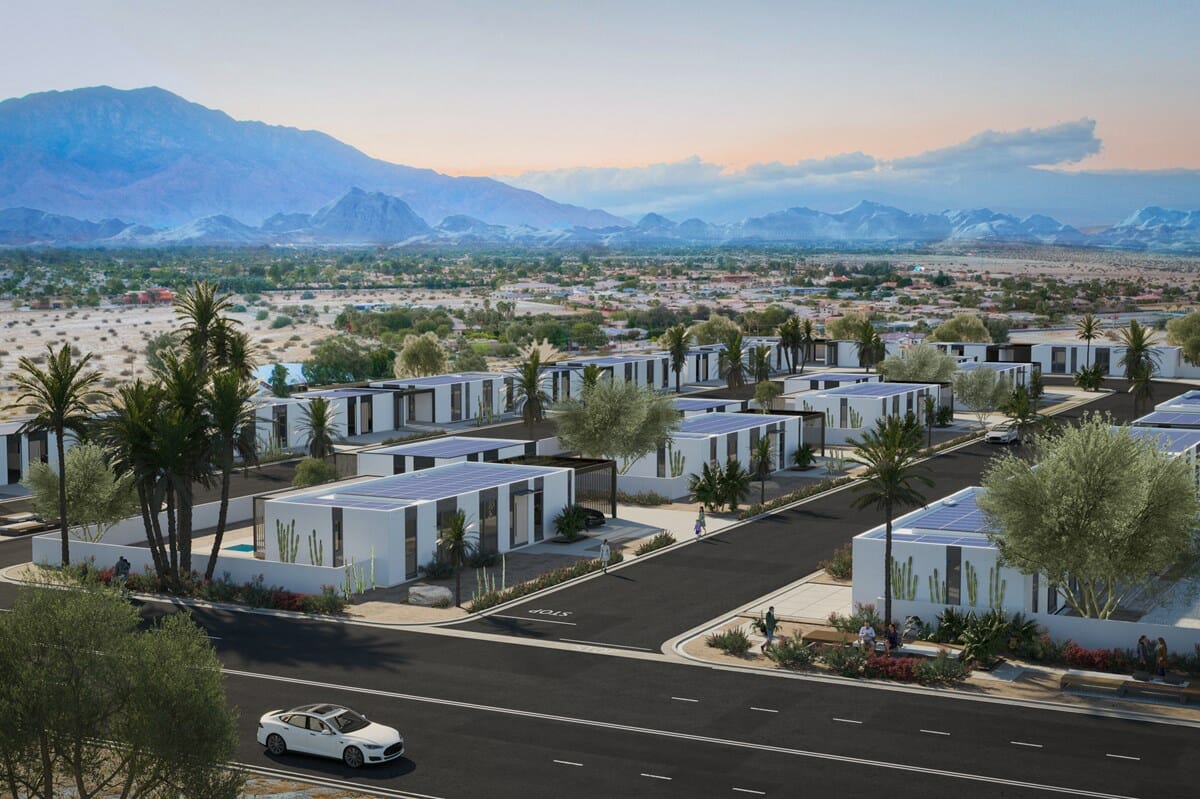
BY ANNE MARIE LEE | MARCH 16, 2021 / MONEYWATCH 🔗 SOURCE

3D printed houses —partially built by a robotic construction system that stacks layers upon layers of concrete from the ground up to create the framework for a new home — are transforming the speed and cost at which houses are being developed and sold.
Icon, a construction technology startup in Austin, Texas, in 2019 built the first-ever 3D printed neighborhood in Mexico.
The Texas company, committed to “affordable, dignified housing available to everyone throughout the world,” is working with nonprofits to build low-income housing using its own proprietary construction technology.
Another company, SQ4D claims it has already received more than a thousand offers to purchase its 3D printed home in Riverhead — an indication that if you print it, they will come.
Construction is a $1.3 trillion industry in the U.S., according to the Associated General Contractors of America, an industry that 3D construction companies, with their radical new technology and equally radical ideas, seem poised to disrupt.
